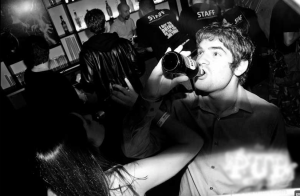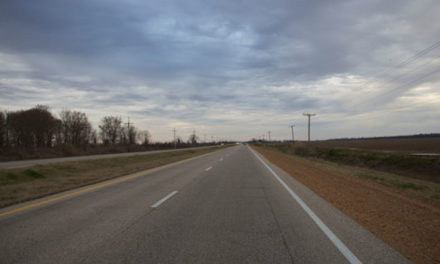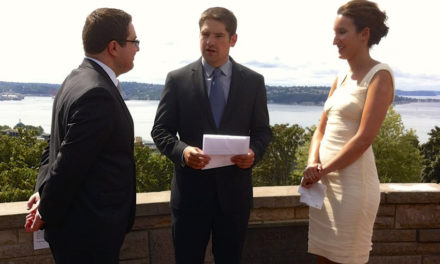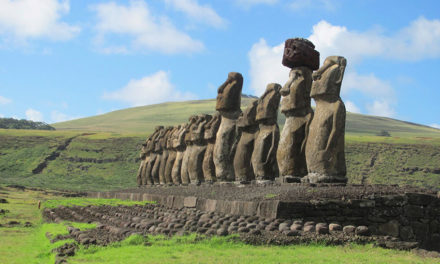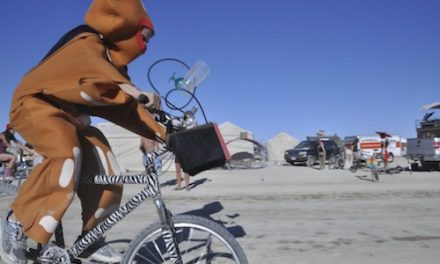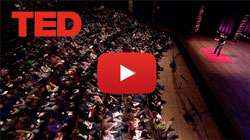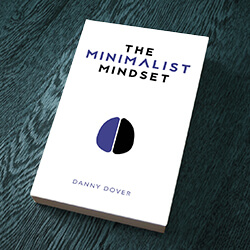Deep within the brain of every man there is a group of synapses that serve two major roles. First, they activate the glands elsewhere in the body that produce testosterone, the liquid engine behind most physical and mental traits that society tends to describe as male-like or manly. The second purpose of this area of the brain is much more subtle but equally as important. It is the part of the brain that makes every man want to become a bartender. Trust me, it is science. Beer science.
Before moving to Argentina, I was living in Newport Beach, California. (By living, I of course mean crashing on my friends couch for a month.) I was less than a block away from the beach and in full “Dude, this is the life” mode.
On my first day in Orange County, my friend Ian picked me up from the airport and asked me if I wanted to take a bartending class. The corresponding part of my brain instantly activated.
“Hell yeah! When do we start?”
He responded “next week” and cranked up the music.
The following week, Ian and I got ready. The class was about 45 minutes away from the beach (gross!) and the only way we had to get there was on Ian’s motorcycle. This meant that on my way to becoming the world’s best bartender, I would need to sit bitch on Ian’s bike. This wasn’t starting well. We raced down the highways of Southern California (No cop, no stop!) and made it to the class in record time.
The class was two hours long and took place four days a week. The first hour was spent explaining the techniques of bartending and the various stories behind each type of alcohol. (Scotch is from Scotland, Bourbon is from Bourbon County, Tequila is from the Tequila region of Mexico but Patron was originally made in Las Vegas.) The second hour was spent memorizing the various drinks and practicing how to make them.
We learned how to pour the perfect shot (four counts per shot) and how to organize the bar (house specials at the front, don’t scoop ice with the glasses and always up-sell). The logistics of operating the bar were surprising easy. The speed and amount of concentration necessary to do it well was the hard part. Like other professions, it is those subtleties that require years of experience and separate the average from the elite.
In California, you don’t need a license or certification to become a bartender. All you need is a job. The “problem” for Ian and I was that we both already had jobs. We were just taking the class to add another globally useful job to our skill-sets. (Ian is also a personal trainer and web designer. I am an Internet marketer and writer.)
The most surprising thing about bartending was how easy it was. With about a month of serious memorization and hands-on practice, most of the people in the class were capable of getting an entry level bartending job. Given the tip structure in the United States, this is not a bad option at all for most people.
If you find yourself stuck in a rout with a convenient but dissatisfying job, bartending can provide you with the kick you need to get out. Don’t make the mistake and think that you can simply take a bartending class and be set for life. Instead, be smarter than the average and know that bartending can be used as the lubricant (on your wallet) to get you traveling and exploring more. For most, it won’t be a replacement for their full income but it can move you in a more location and financially free direction. The training is inexpensive, the hours are flexible and the pay is good. If you haven’t looked before, Google bartending classes in your area. You may be surprised by your options.

